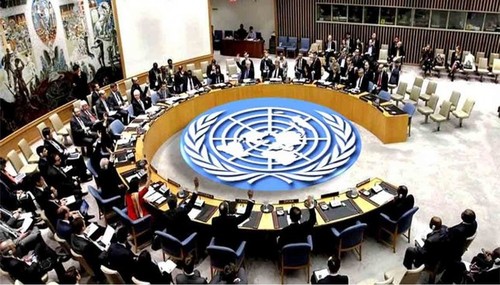The Security Council will analyze the most recent report by Secretary General António Guterres on the United Nations Stabilization Mission (MONUSCO) in the DRC over the last four months. Among other aspects, the report emphasizes events such as the presidential elections, which ended with the recognition of the victory of Félix Tshisekedi as elected president by the Constitutional Court. Furthermore, it analyzes the tensions and confrontations that arose before and during the elections by the different political forces, as well as the efforts for dialogue promoted by MONUSCO.
Other issues on the agenda are national security in regions such as Ituri, North Kivu and South Kivu, where the lives of civilians remain threatened by the action of the Allied Democratic Forces and the Congo Development Cooperative.
As a consequence, the DRC experiences a complex situation for the preservation of human rights, while sexual violence and displacement impact civilians in areas in conflict.
A recent statement from the United Nations Refugee Agency (UNHCR) urged taking immediate action in the face of the threatening situation for displaced people in the eastern region.
After two years of conflict in North Kivu, more than 1.3 million people were forced to flee their homes, bringing the number of internally displaced people to a total of 5.7 million in North Kivu, South Kivu and Ituri.
The UNHCR described the context as devastating, given that violence impedes humanitarian operations and causes the forced displacement of many boys and girls, who are exposed to serious risks and human rights violations, including kidnapping, forced recruitment, mutilation and rape.
In 2023, 50,000 cases of gender violence were reported in North Kivu alone, of which more than half were rapes against women and girls, while 37 percent of the victims were boys.
jrr/llp/oda/ebr










